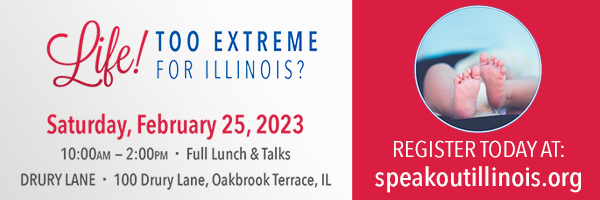Words Matter
Have you noticed that contemporary America fights a lot about words? If you’re a teacher, you could get fired for using female pronouns to refer to a male student identifying as female. You’re addressing the same student either way; the problem is using the wrong word to address that student. If you’re in academia, you might publish lists of politically incorrect words, together with lodes of sanitized synonyms to be used instead, e.g. “denylist” instead of the “racial” “blacklist.” You’re communicating the same concept either way; the problem is using the wrong word to communicate that concept.
Why is the Left bound and determined to force us to use their vocabulary? Aren’t we all talking about the same things, whether we say “transgenderism” or “gender dysphoria,” “homosexual union” or “homosexual marriage,” “happy holidays” or “merry Christmas?” Let’s take a brief overview of the biblical theology of language, shall we? I think we’ll uncover the very important answer.
Throughout history, words have always been central to God’s interactions with humans. God spoke creation into existence with words (Genesis 1:3). God communicated His commands to man with words (Genesis 2:16–17). Because humans wanted to build a tower to glorify themselves,, God divided the human race into nations by dividing their languages (Genesis 11:6-9). God communicated His covenant and law through words (Exodus 20:1–17). God rebuked His people through the words of the prophets (Hosea 6:4–5). Then, in the fullness of time, the Word became flesh and dwelt among us (John 1:14). And His word is powerful, effective, and sharper than a double-edged sword (Hebrews 4:12). And we know all this because God chose to communicate His truths to us through 31,102 verses of Scripture—all enshrined in words.
As creatures created in the image of God, God allowed us to share in His ability to communicate using words. Our capacity for language allows us to communicate with God and with each other, and is therefore one of the most fundamental prerequisites for one of the most fundamental human callings: relationship with God and each other (Genesis 3:8). Our ability to speak is also a necessary tool for fulfilling basic parts of the Christian life, such as singing praises to God (Psalm 150:1–6), preaching the Word (2 Timothy 4:1–2), or sharing the gospel (Mark 16:15). And our capability to use words is a powerful tool for shaping the lives of others, whether it be fathers teaching their children as they walk along the road (Deuteronomy 6:6–7), or preachers impacting the lives of the unsaved (Acts 2:37).
The ability to marshal the world-changing forces of language elevates us above the animals but also imposes on us a level of responsibility that animals do not have: the obligation to align our words with truth. (We don’t prosecute dogs for perjury.) The same God who gave us the ability to speak gave us instruction on how to speak. Our words must accurately describe reality (Leviticus 19:11). Our words must build each other up (1 Thessalonians 5:11). As a matter of fact, we must be slow to even use words in the first place (James 1:19).
But all these restrictions on language don’t demean its importance; they emphasize it. Since the tongue is so dangerous (James 3:6), we are ever more obligated to use it to honor the Lord (James 3:9–12). And Christians throughout the centuries have used the gift of language to fill the world with God’s truth as they translate His word into languages around the world, teach and encourage each other, and fight heresies and tyrannies. Wherever Christian language goes, lives are changed. Which is why the enemy hates it, and that is why he has declared war on words.
Words—those pesky things that we are commanded to use truthfully—are implicit truth claims, and the choice between one word and another, even to refer to the same person or thing, is often the difference between a truth and a lie. When we refer to someone as “she,” we make the implicit statement, “that person is female.” If that person is in reality male, then we have just lied, and we are acquiescing to those who are endeavoring to shape the world in accordance with lies. If we refer to homosexual unions as “homosexual marriages,” we are making a claim about marriage: it is a term that can appropriately be used to refer to other types of unions besides the one-man-one-woman-for-life union as which God defines it. We shouldn’t be calling marriage something that God doesn’t.
As G.K. Chesterton once observed,
“If you’re not going to argue about words, what are you going to argue about? Are you going to convey your meaning to me by moving your ears? The Church and the heresies always used to fight about words, because they are the only thing worth fighting about.”
The Left is now fighting every day for our lexicon. If only we, the people of the Word, would fight equally hard for it. Be bold: say “merry Christmas,” use biologically correct pronouns, and label gender and sexual confusion as the frauds they are. It is worth losing your popularity or even your job, because what our words bow to is what we bow to. This is why the martyrs refused to deny Christ or to stop preaching His gospel—doing so would be submitting their words to the intimidation of evil. As Peter and John said to the Pharisees who commanded them not to speak in the name of Jesus (Acts 4:19, NIV), “Judge for yourselves whether it is right in God’s sight to obey you rather than God.”

